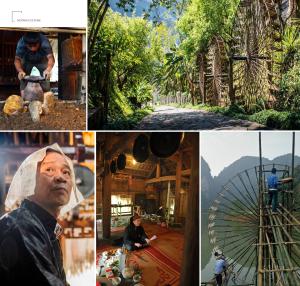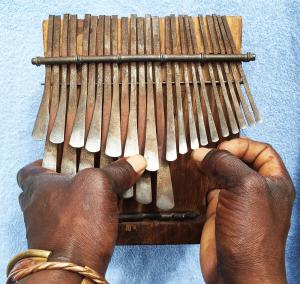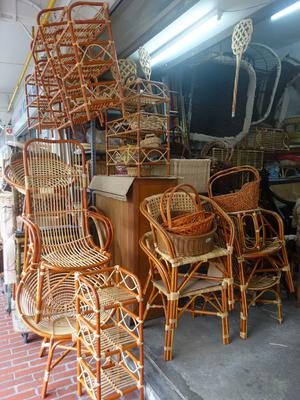Although the musical instrument popularly known as the “Jew’s Harp” is found in many countries around the world, the Cambodian version is unique. Called Angkuoch, it is a precious part of Cambodia’s living cultural heritage.
Nowadays, Angkuoch and its associated practices require urgent safeguarding actions. Due to social and cultural shifts in Cambodia over the last half-century, including the devastation of the Khmer Rouge era in the 1970s, only a handful of people still know how to make and play Angkuoch. In Cambodia, Angkuoch is (or has been) found in several provinces both among the majority Khmer people and some ethnic minorities.
Angkuoch was once a popular local pastime in village communities. Traditional social functions for playing Angkuoch include as a rural pastime, young men, and to accompany simple folk songs. Players and makers of Angkuoch are typically men, though there appear to be no cultural restrictions on women playing or making the instruments.
There are at least three types of Cambodian Angkuoch: one of bamboo Angkuoch Russey, one of metal Angkuoch Daek, and one that is stringed Angkuoch Ksae. It is unclear whether there are any living instrument-makers who know how to produce Angkuoch Ksae. Angkuoch Russey is still found in village contexts and is produced as souvenirs for tourists.
In 2020, Angkuoch was the subject of an Australian- and Cambodian-led documentation project of the British Museum, with additional support from UNESCO (Cambodia). Run by Griffith University and Cambodian Living Arts, the project resulted in the first complete in-depth documentation of the making process of bamboo and iron angkuoch, the identification of the likely maker of the only angkuoch then in the British Museum's collection, a revival of local interest in the instrument and its music, and various public-facing and media outputs, including a documentary film.
Bin Song, one of the very few remaining master Angkuoch Daek makers, expresses his appreciation for safeguarding initiatives: “I am very happy that I get to share my knowledge about Angkuoch with other people. When I can demonstrate how to make Angkuoch, I am very excited. Extremely excited! I feel happy about this project because I think the research team will spread this information widely. To let other people know more about Angkuoch!”.
For more, visit Stories of Cambodian Angkuoch
Text by Catherine Grant March 2024
Photographs:
- KRAK Chi making Angkuoch Russey (bamboo Jew’s harp).
- CHI Monivong’s tools for making Angkuoch Russey (bamboo Jew’s harp).
- BIN Song making Angkuoch Daek (iron Jew’s harp).
- BIN Song making Angkuoch Daek (iron Jew’s harp).
- SON Soeun playing Angkuoch Daek (iron Jew’s harp), with instrument-maker BIN Song.
Photos: Catherine Grant, January 2020. Project funded by Endangered Material Knowledge Program of the British Museum.
03-07-2024
| References |
|
|

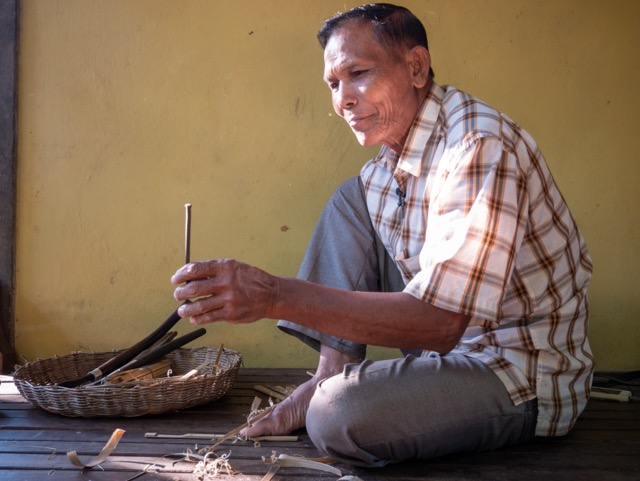
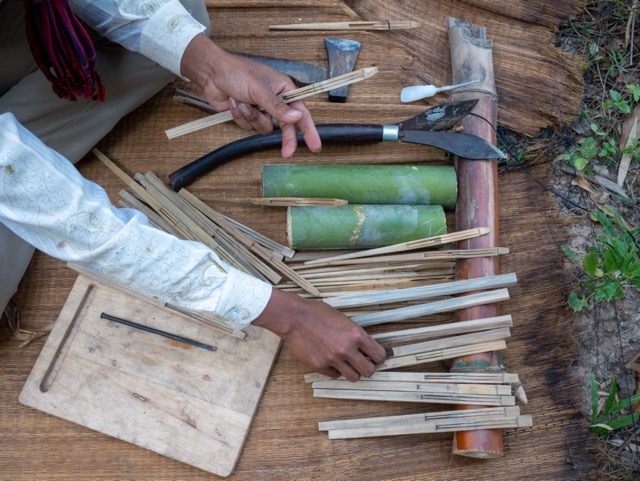
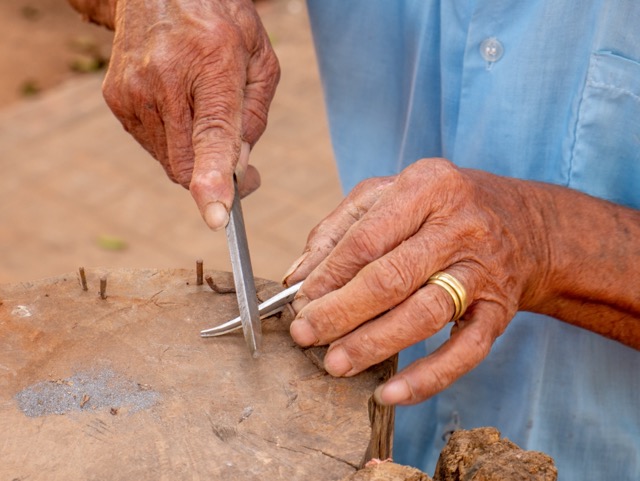
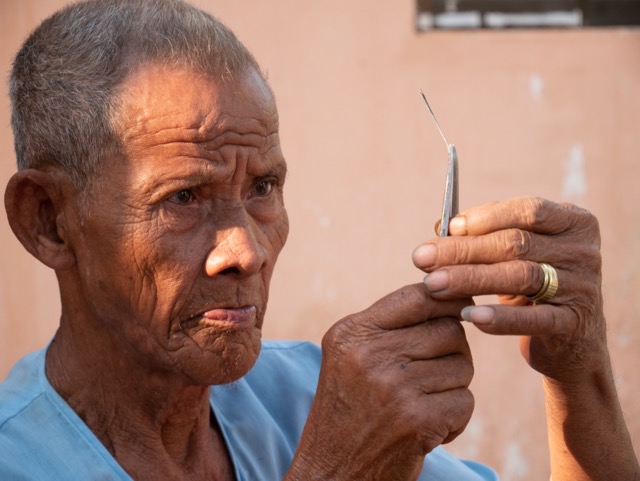
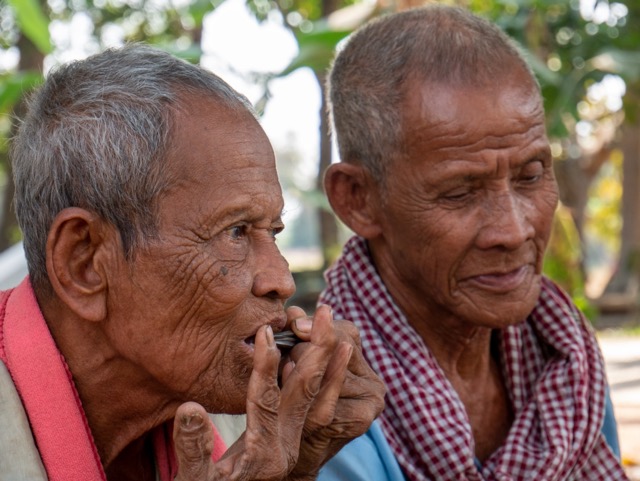
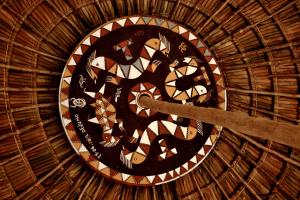
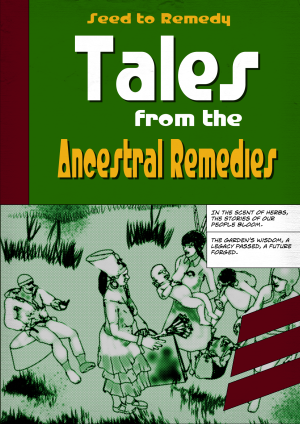
.jpeg)
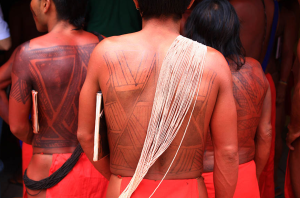
.jpg)
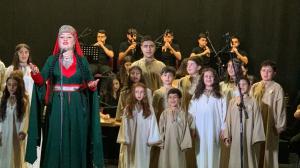
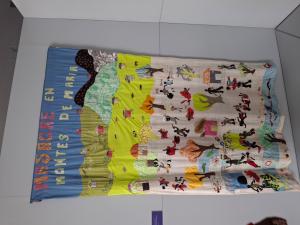


.png)
.jpg)















_(31711258567).jpg)

















